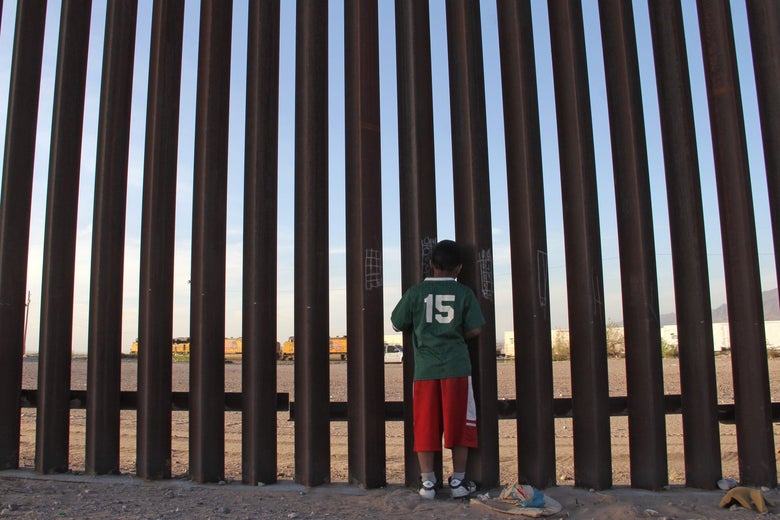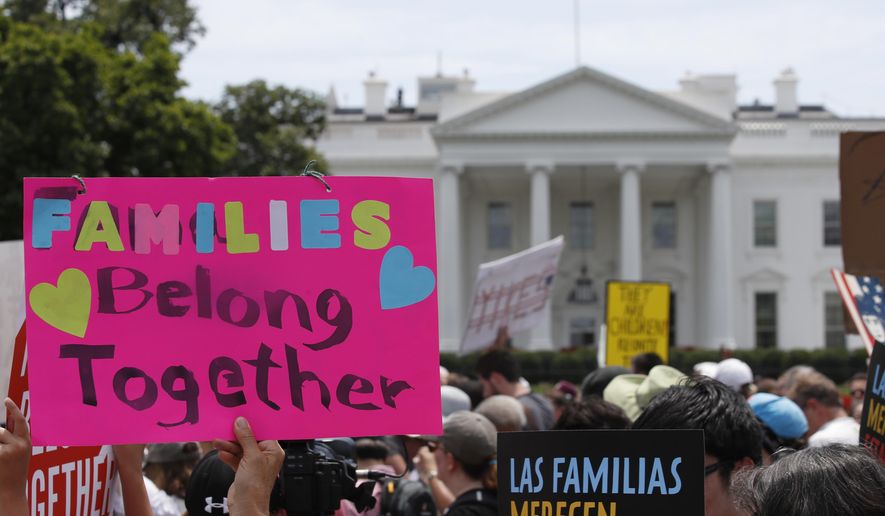
Soon We Can Only Dream of Having the USA as World Police
He got on much better with North Korea’s dictator during their historic meeting in Singapore. Kim Jong Un was described using the following characteristics: “He’s got a great personality. He’s a funny guy, he’s very smart, he’s a great negotiator. He loves his people. ….”
The contrast between these two receptions says all you need to know about Trump’s leadership. The United States’ closest allies are treated like something the cat dragged in. At the same time, the leader of the world’s most brutal dictatorship is given unreserved praise.
Kim has personally ordered hundreds of executions, including that of his uncle by marriage. "Great personality," according to Trump.
President Trump Is Just As Destructive As One Could Have Feared
In the general debate, there is sometimes a willingness to soften the criticism against Trump. The Economist commendably writes about this phenomenon in the U.S. The same pattern is clearly visible in Sweden. Former Prime Minister Göran Persson is one of those who feel that it is necessary to provide a balanced view. The meeting with North Korea’s dictator was “brave” and Trump deserves “praise,” Persson stated this week.
Columnist Adam Cwejman at Göteborgs-Posten argues the same point in his column, “Only Trump Could Have Become Buddies with Kim Jong Un.” (GP 13/6).* He criticizes the disapproving attitude toward the historic meeting in, for example, the Swedish TV network SVT. “In Sweden the lack of generosity is like a grumpy mother-in-law from a Dickens novel who can’t be pleased that her daughter’s burly working-class husband has finally succeeded at something.” Nobody knows what will happen in the future, of course, and some of the things that Trump has thrown up in the air are likely to land well. Overall, however, there is no doubt that Trump’s actions are damaging to the Western world. After 500 days in the White House, it is clear that Trump is just as destructive in the role of American president as one might have feared.
Now We Are Facing a Trade War
He has pulled out of trade agreements, the Paris climate agreement and the Iran nuclear agreement. The U.S. has moved its embassy to Jerusalem without waiting for a peace agreement, appointing “mini-Trumps” as ambassadors in key countries like Israel and Germany. In the former case, the ambassador is a big real estate entrepreneur. In the latter, the ambassador made headlines recently by promising to support conservative movements all around Europe.
Perhaps Sweden should be grateful that the announcement about who is going to take over as ambassador in Stockholm is overdue.
On top of this, we are now facing a trade war as Trump last Friday gave a green light to $50 billion worth of duties on Chinese goods.** Since June 1, the U.S. has instigated the imposition of duties on steel and aluminum products from the EU, Mexico and Canada. There is nothing positive you can say about this path of destruction. It is the foreign policy equivalent of pulling the tablecloth off the table, or as the Trump administration was characterized by one of the members of the staff at the White House: “We’re America, Bitch.”
Democracy is in crisis all over the world. What makes this particularly troubling is that the American retreat comes at a point when the West is already in decline. The think tank Freedom House concludes in its latest report that democracy around the world is in crisis, while authoritarian leaders strengthen their positions.
The strongest of all the strong men is of course Xi Jinping. We are entering the Chinese century. China is already the world’s largest economy as measured in buying power adjusted currency, as well as the world’s largest exporter and manufacturer. Nowadays, Apple sells more iPhones in China than they do in the United States. China also has a good chance of winning the race on AI – artificial intelligence – the equivalent to the space race between Sputnik and Apollo in our time.
There Is a Concern That the US Will Withdraw from Asia
An outline of a completely new world order is slowly emerging in place of the “Pax Americana” which has shaped the world since World War II. This development is difficult to stop, but with Trump in the White House, it has received an unnecessary boost.
Trump is seeking conflict with the Western clubs that exist, like G-7, NATO and the EU, and cutting financial ties with his allies. In Asia there is a deep concern that the U.S. will withdraw completely and leave the field clear for Chinese dominance.
A country like Japan is completely reliant on American protection. South Korea would be very exposed if Trump followed through on his plans to withdraw the 30,000 American soldiers from the peninsula. Just the American promise of cancelling the military exercises for now is a big success for China.
Just Imagine if the US Still Wanted To Be the World Police
In July, it will be Europe’s turn to confront Trump as part of the NATO summit in Brussels. As a best-case scenario, he will take the opportunity to praise the trans-Atlantic link. However, you can’t rule out that he will rather see an opportunity to criticize his allies for not spending enough on defense.
For Sweden, the new unpredictability is at least as uncomfortable, as a lot of our own security is built on a direct and close relationship with the United States.
The big winners from Trump’s unwillingness to take on the global leadership role are China and Russia. They expand where the U.S. retreats.
There was a time when the left-wing press wrote page upon page complaining about what the U.S. as the world’s police made it their business to deal with. Perhaps even U.S.-haters will soon look back on those days with fond memories.
*Editor’s note: “GP 13/6” indicates that the article was published in the Göteborgs-Postens on June 13.
**Editor’s note: As The New York Times reported, the United States imposed the first duties on $34 billion in Chinese goods on Friday, July 6, officially triggering a trade war between the world’s two largest economies.


